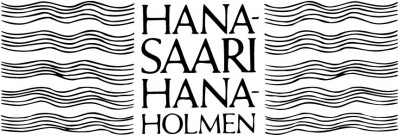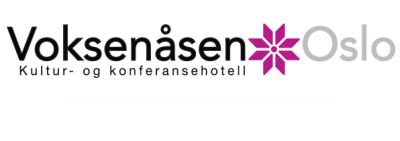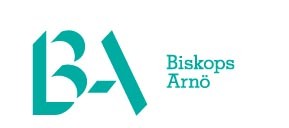Naboskap-добрососедство
Russia and the Nordic Countries

Om forholdet mellom Russland og Norden - historisk og aktuelt
A CONFERENCE SERIES ON THE PAST, PRESENT, AND FUTURE OF RUSSIA AND THE NORDIC COUNTRIES
The past: 26. Oct. Lysebu, Oslo
The present: 27. Oct. Voksenåsen, Oslo
”The Nordic Pearls* – independent bilateral cooperation institutions - will, in a conference series in the course of 2015 and 2016, address different aspects of past and present Nordic- Russian relations. During 2011-2013 “the Pearls” hosted a similar conference series with corresponding focus on Germany and the Nordic countries.
Throughout history the Russian and Nordic development have been closely interwoven and the relationship, although varying over time, have had important impact on both the Nordic countries and Russia. This relationship is still crucial for both parts. In a rapidly changing world the Nordic countries as well as Russia need to be aware of, and possibly re-define, their own position. To further develop our neighborly relations is an important aspect of that process.
The aim of this initiative is to create a common arena for dialogue for both Russians and Scandinavians, consequently contributing to a deeper understanding of the contemporary and historical aspects of the relations between our countries.
*”The Nordic Pearls”
Voksenåsen, Swedish-Norwegian Cultural Centre, Oslo
The Fund for Danish-Norwegian Cooperation; Lysebu, Oslo and Schæffergården, Copenhagen
Hanaholmen, Cultural Centre for Sweden and Finland, Helsinki
The Nordic Folk High School Biskops Arnö, Stockholm
Downloads
Rapport from the first conference, Culture and Communication, Hanaholmen, September 16, 2015 (PDF)
Brochure containing number of articles, intended as input for the coming debate (PDF)
Monday 26th of October at Lysebu
Moderator: Pia Gjellerup, Director, Center for Public Innovation, former Minister, DK
| 16:00 |
Introduction Pia Gjellerup, Fondet for dansk-norsk samarbeid, and Karl Einar Ellingsen, Voksenåsen |
| 16:30 | Opening |
| 16:25 | The Nordic Countries seen from Russia. Perceptions and reality |
| Alexander O. Chubarian | |
| 16.45 | Historical relations between Russia and the Nordic countries |
| Professor Uffe Østergaard, DK | |
| 17:05 | Coffee break |
| 17.30 | Remarks |
| Lars P. Poulsen-Hansen | |
| Kari Aga Myklebost | |
| Kristian Gerner | |
| 18.10 | Debate and Questions |
| Kl 19:00 | Dinner |
Tuesday 27th of October at Voksenåsen
Moderator Halvor Tjønn
| 09:00 | Opening |
| 09:10 |
Russia and the Nordics seen from Central Europe |
| Alexander Rahr | |
| 09:30 | Russia seen from the Nordic countries |
| Hanna Smith | |
| Gudrun Persson | |
| Øyvind Nordsletten | |
| Valur Ingimundarson | |
| 10:10 |
Russia and the West |
| Dmitrij Trenin, RUS | |
| 10:30 | Coffee break |
| 11:00 | Remarks |
| Paavo Lipponen | |
| Lena Hjelm Wallén | |
| Uffe Ellemann Jensen | |
| Thorvald Stoltenberg | |
| 11:40 |
Debate |
| Dmitrij Trenin | |
| 12:20 | Russia and the Nordic Countries - What now? |
| Anna-Lena Laurén | |
| 13:15 | Lunch and departure |
Medvirkende
-
Alexander O. Chubarian
-
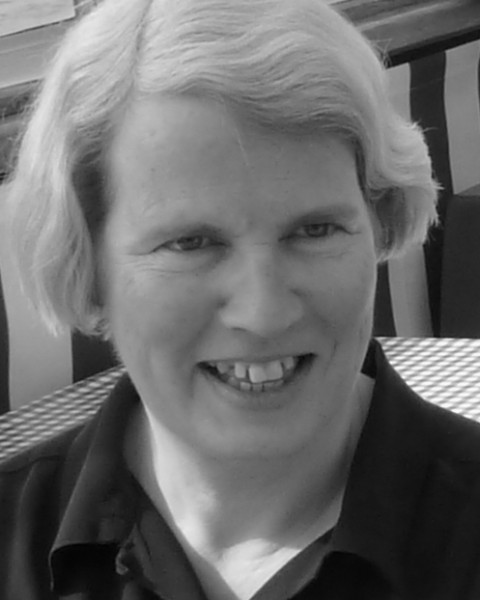
Pia Gjellerup
-

Uffe Ellemann-Jensen
-

Kristian Gerner
-
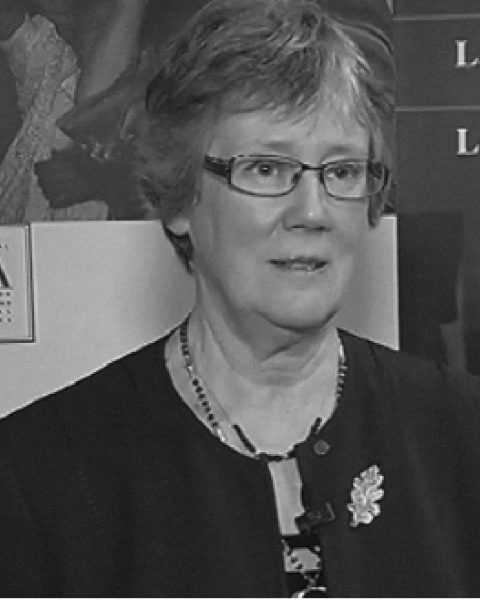
Lena Hjelm-Wallén
-

Anna-Lena Laurén
-
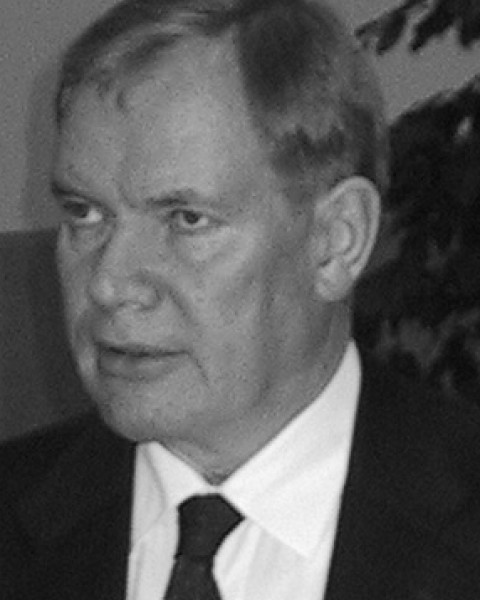
Paavo Lipponen
-

Kari Aga Myklebost
-

Øyvind Nordsletten
-

Gudrun Persson
-
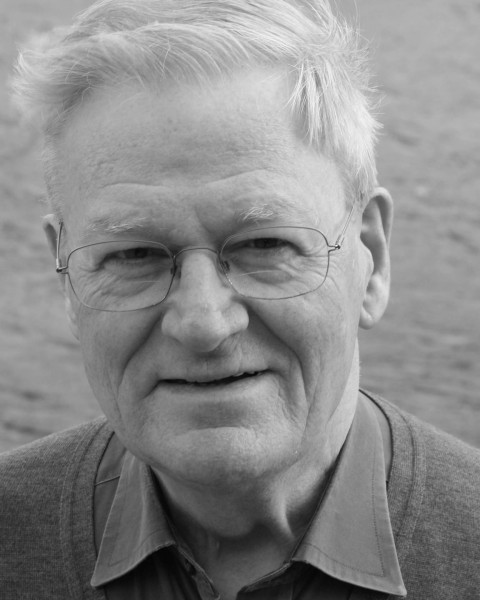
Lars P. Poulsen-Hansen
-

Alexander Rahr
-

Hanna Smith
-

Thorvald Stoltenberg
-

Halvor Tjønn
-

Dmitri Vitalyevich Trenin
-
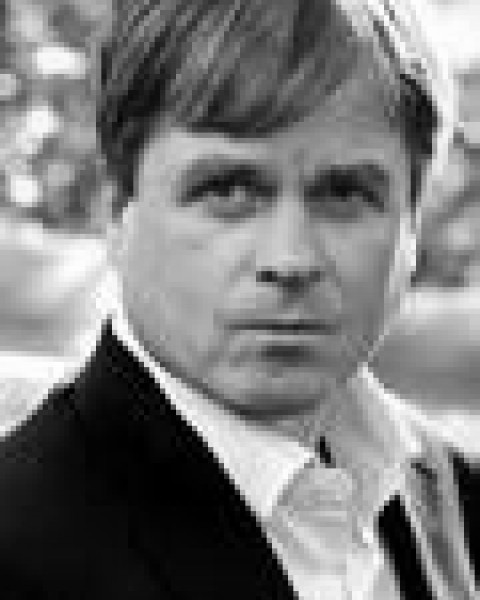
Valur Ingimundarson
-
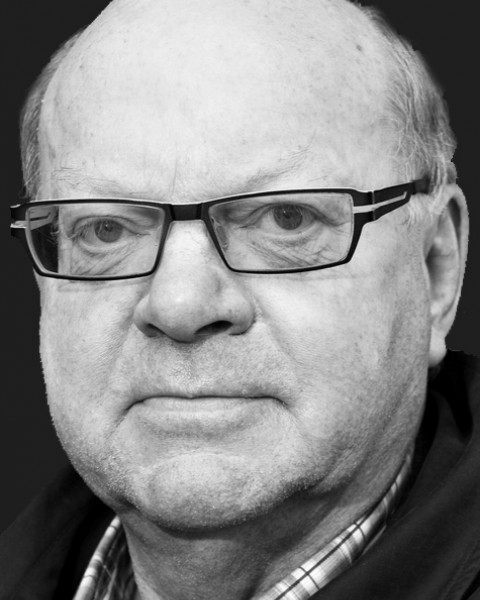
Uffe Østergård
-

Tore Hattem
